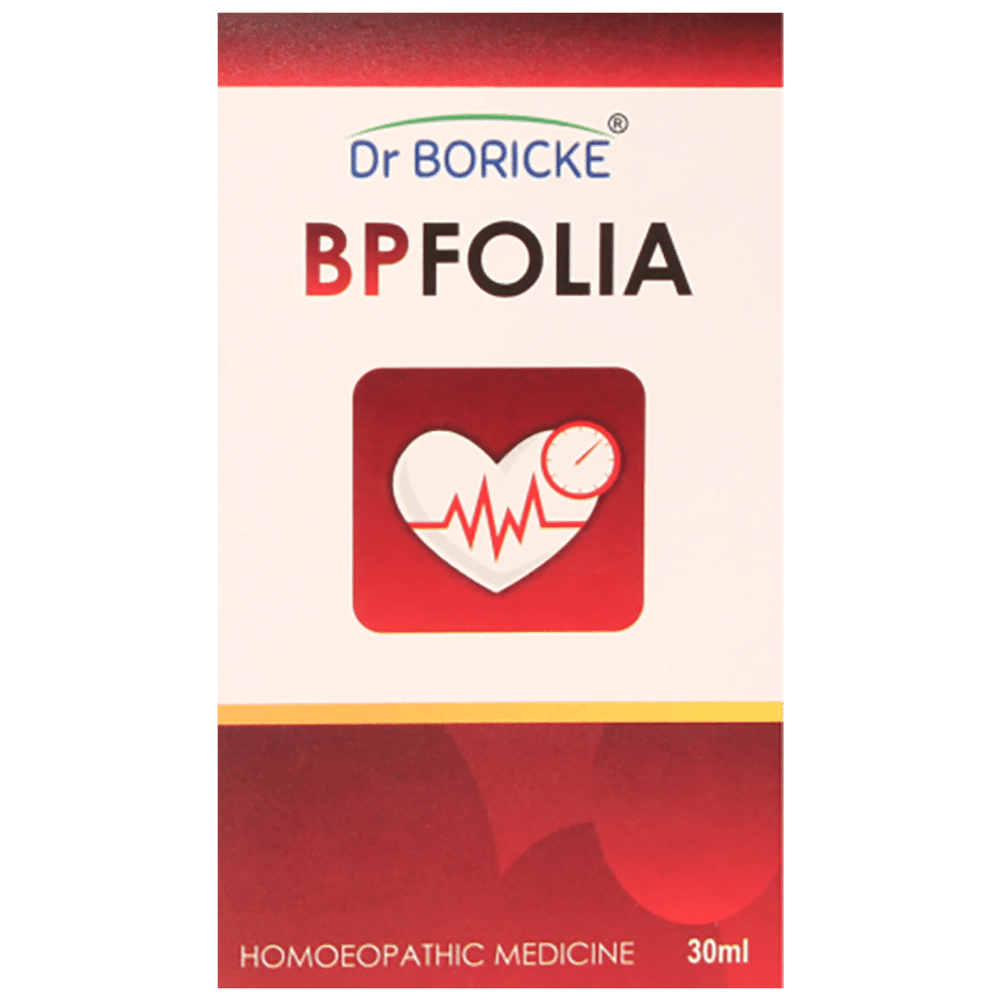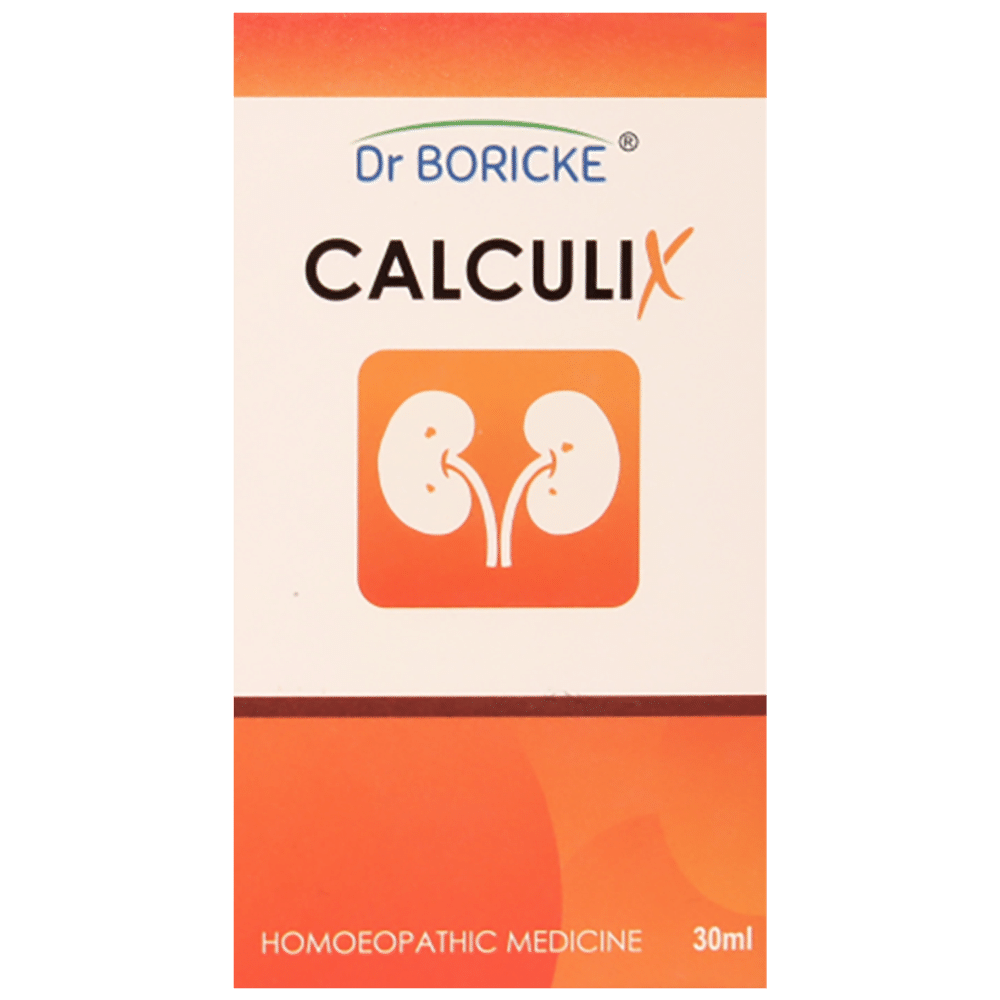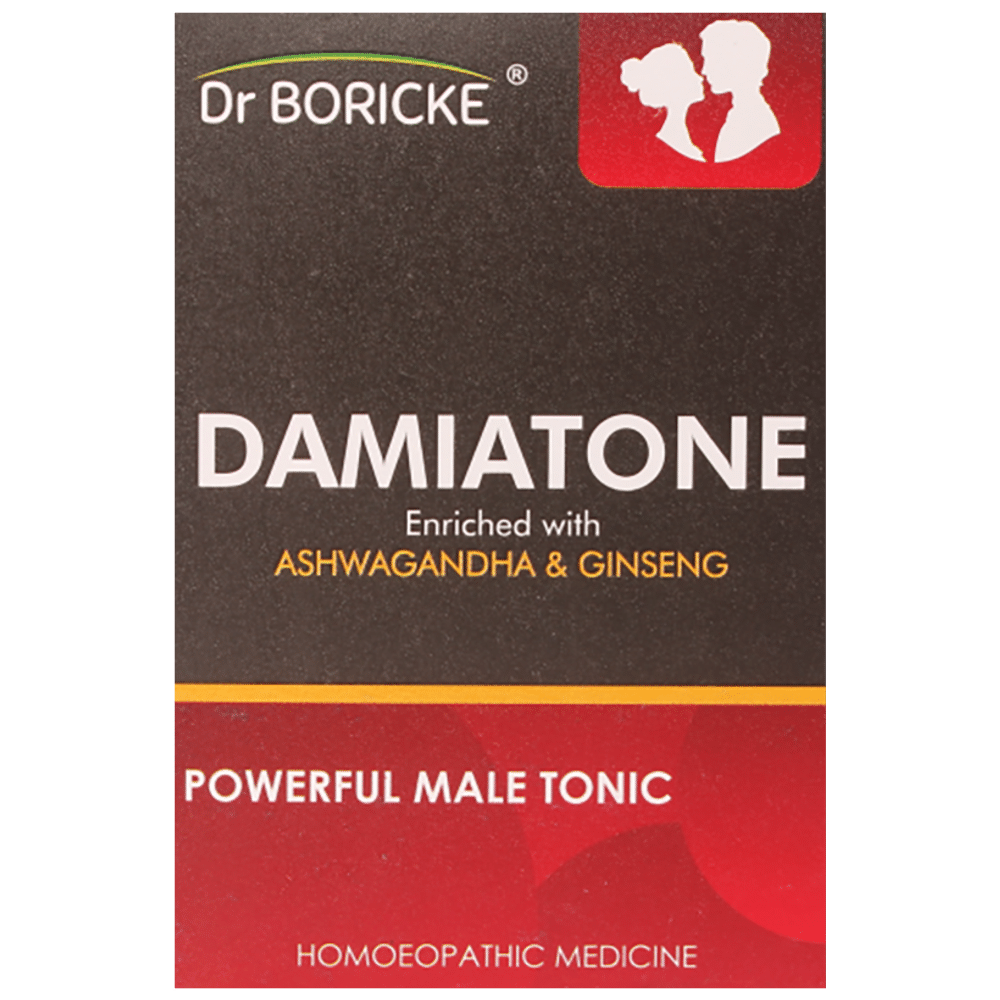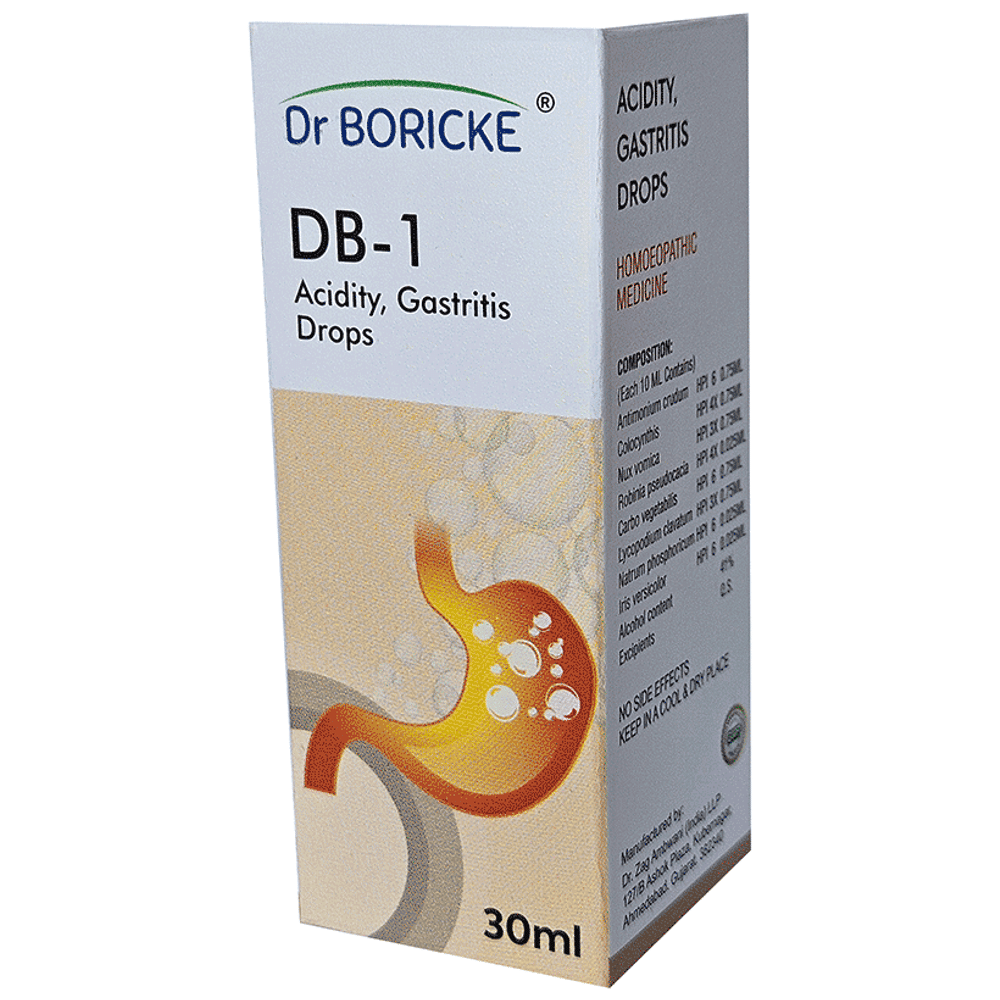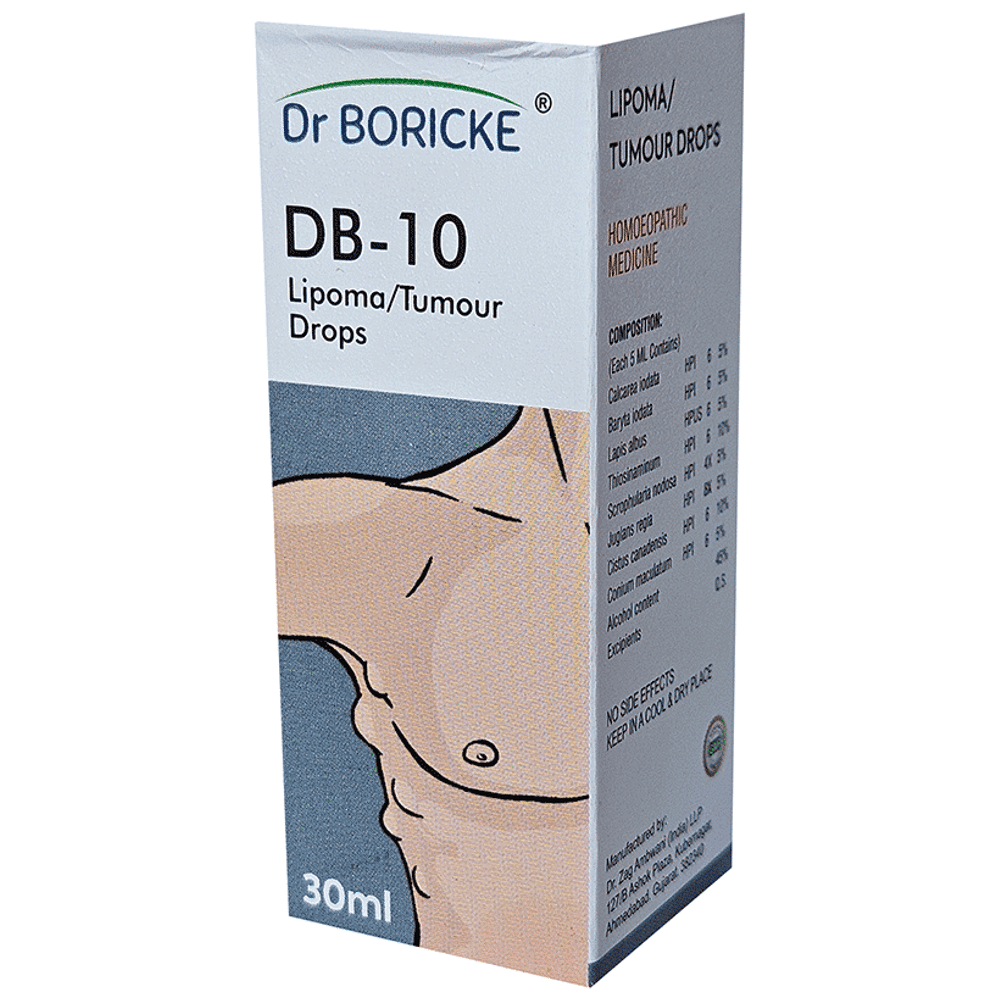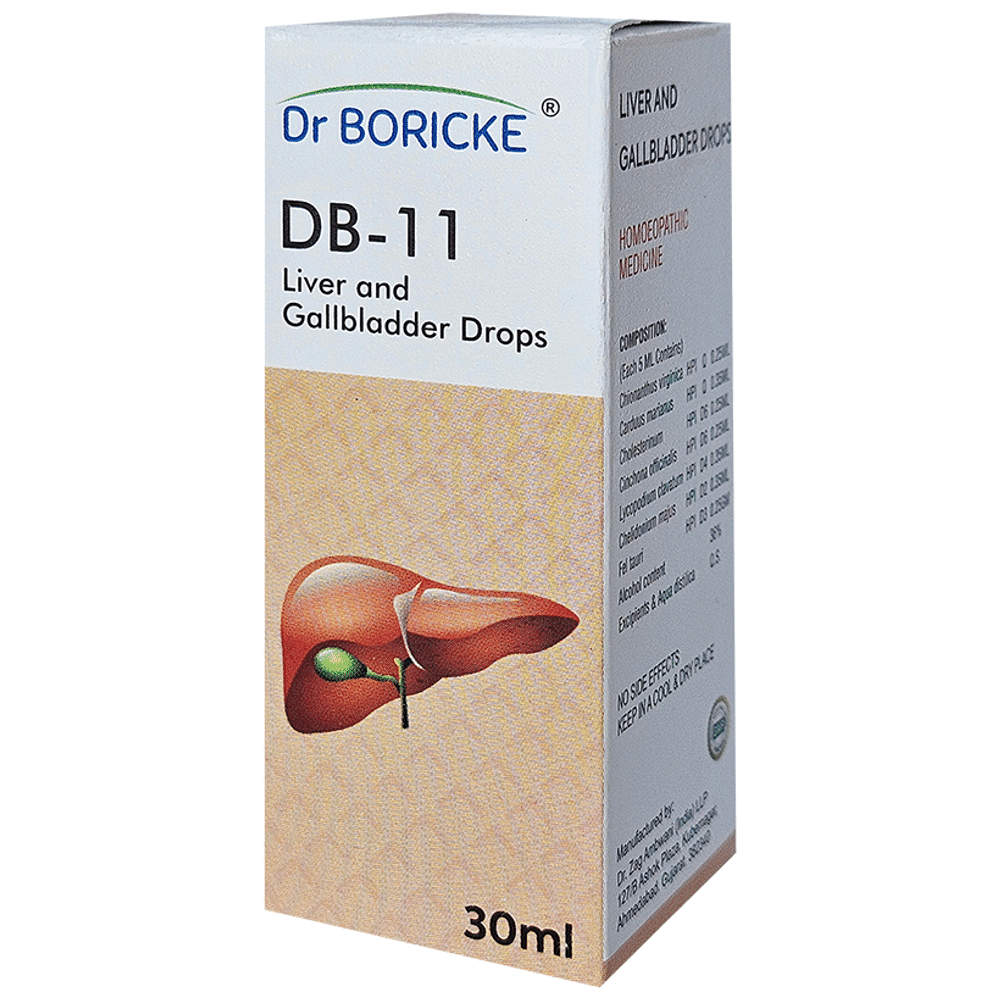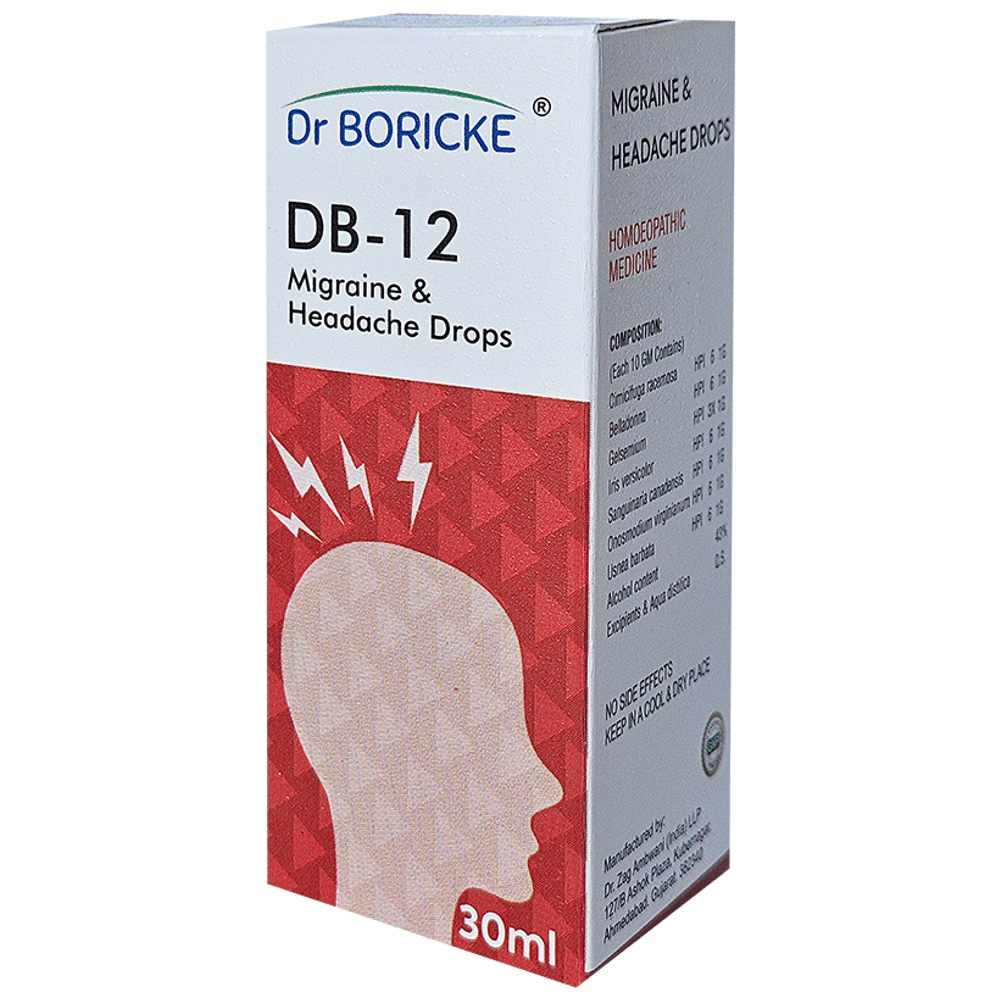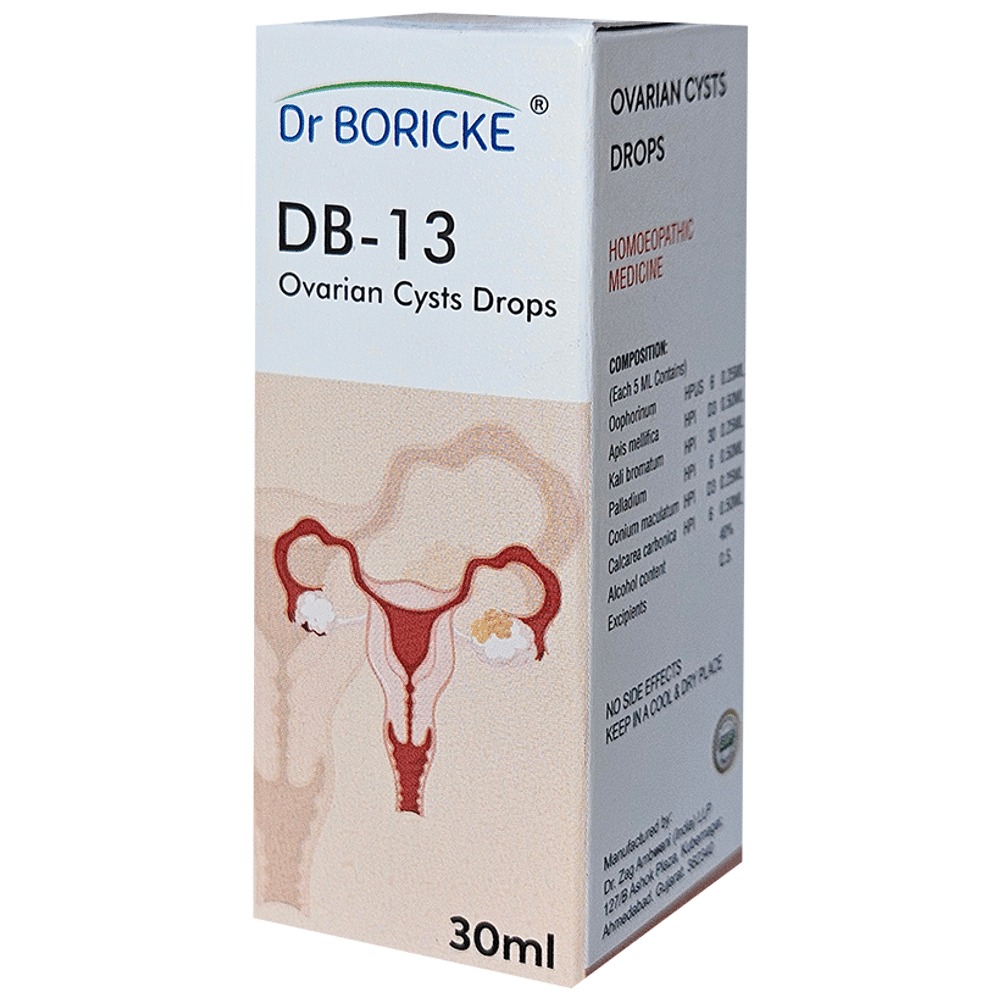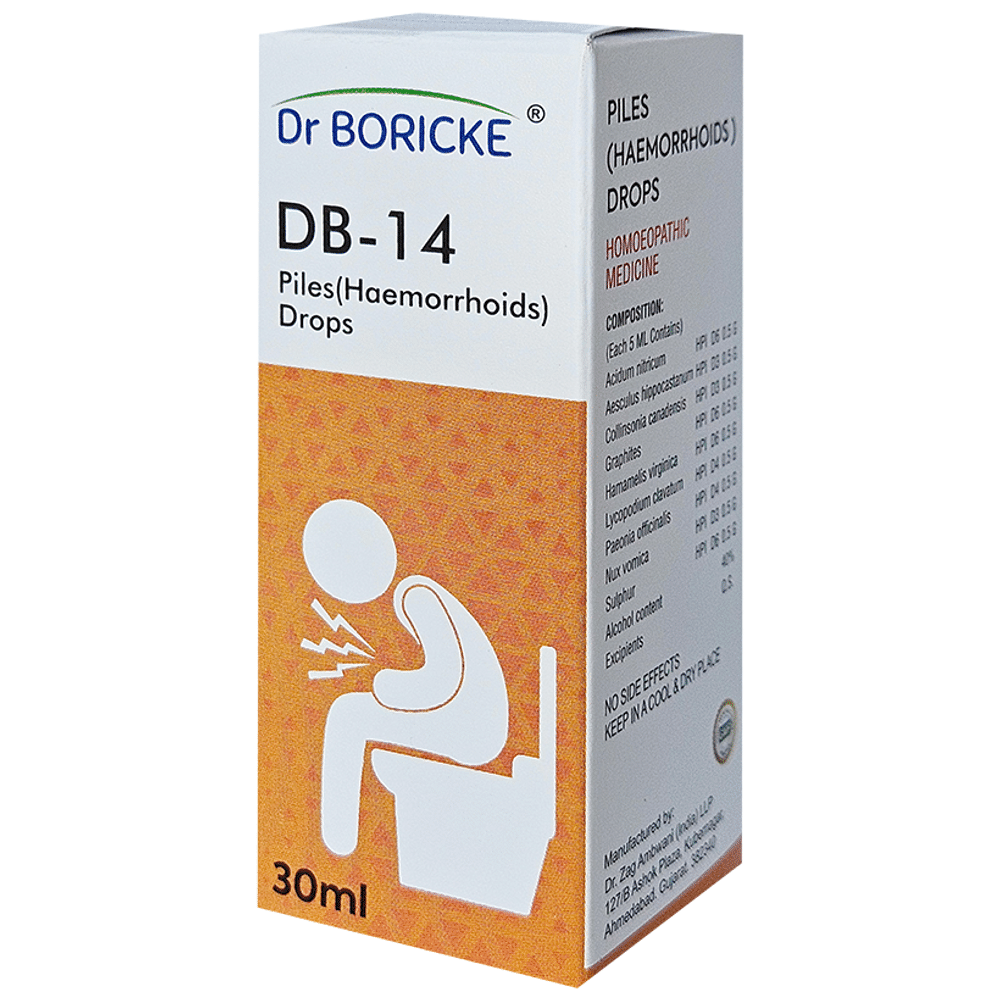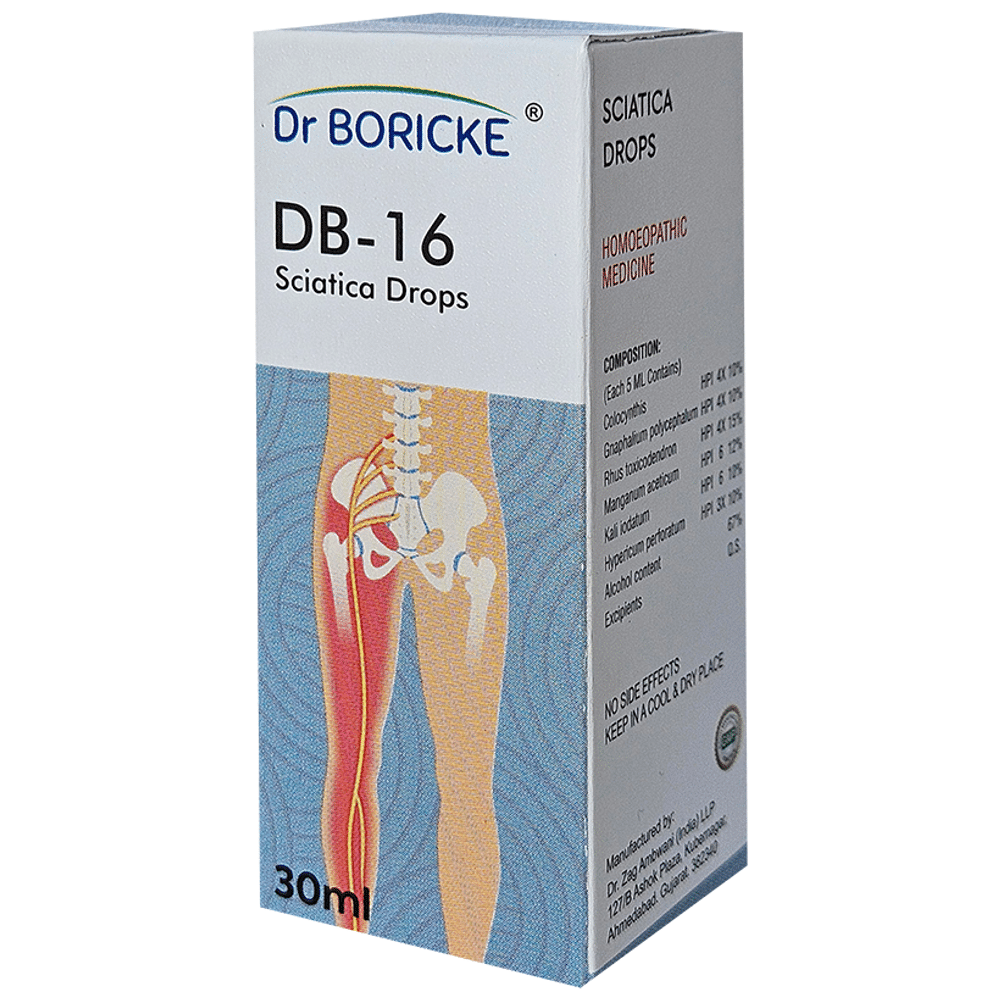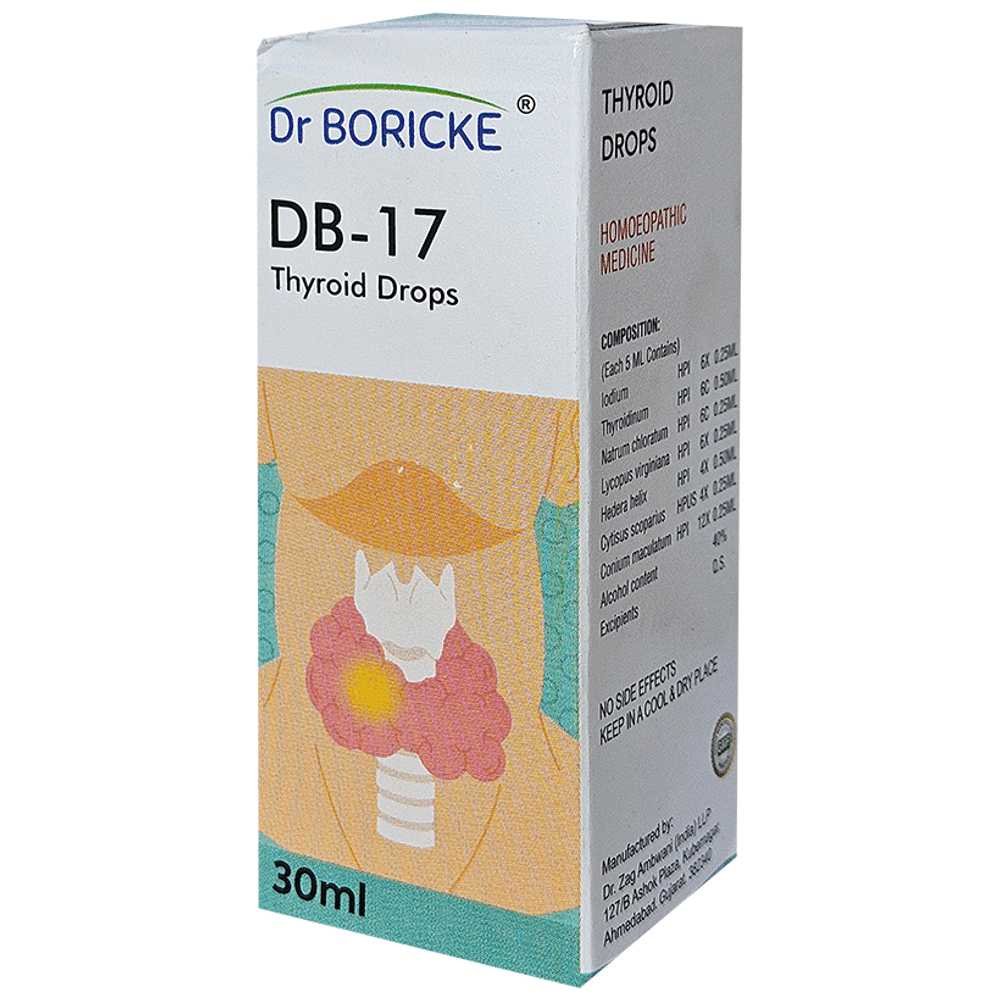
Common causes of muscle cramps and how they can be treated
Muscle cramps can be extremely painful if you have ever experienced one. They can be very painful and last from a few seconds up to several minutes.
Most cramps happen while we sleep, while exercising or when we relax in bed at night. Homeopathic medicine for Cramps.
Muscle cramps are not usually a reason to be concerned, which is the good news. Although it can be difficult to determine the cause, common triggers include:
- Dehydration
- Exercise can cause muscle fatigue
- Temporary electrolyte imbalance
Other causes of muscle cramps include pregnancy, poor circulation and side effects of medications.
You can find out what you can do to reduce your pain and relax if you are experiencing intermittent muscle cramps.
What to do?
To rule out serious conditions, you should immediately see a doctor if your muscle cramps persist for more than 10 minutes. You may have an underlying medical condition if you experience frequent cramps. One possible cause is a chronic electrolyte imbalance due to intense exercise or a nutrient-deficient dietary plan.
Other factors that could be responsible include chronic liver disease and complications from certain medications. If you suspect that your muscle cramps could be caused by these conditions, it is worth visiting a doctor to rule out other causes.
Below you'll find information on common causes and strategies to treat and prevent muscle cramps.
Muscle Fatigue
What's it all about?
Some muscles can become fatigued or 'overloaded' from heavy exercise. This can cause muscle fatigue and over-excite the nerves. It also stops the inhibitory reactions that are meant to stop sudden changes in muscle tension. This type of cramp is usually very localized and will only occur in muscles you have used recently. Common examples are calf cramps when running or swimming. However, it is possible for muscles in your back or neck to cramp due to muscular fatigue.
What is the cause?
Intensive exercise is often the cause of muscle fatigue-related cramps. This is a normal consequence of muscle fatigue and can be expected if you do a lot of physical activity.
You may experience cramps if you have been exercising a lot lately or if you just started a new exercise program. This type of cramp can also be triggered by certain types of exercise such as swimming, cycling, or athletics.
Dehydration
What's it all about?
Dehydration
It causes cramps by affecting the delicate balance between electrolytes and cells. This causes the transmission of electrical signals between our muscles' nerves to be disrupted, which can lead to over-sensitization, leading to muscle spasm or cramps.
Dehydration-related muscle cramps are more common than cramps due to muscle fatigue. These cramps can also occur in the absence or during exercise and may affect muscles you haven’t used in a while.
Dehydration is believed to be the primary cause of muscle cramps that happen while we sleep or are at rest. If you feel that your legs are cramping up, you may have dehydration.
What is the cause?
When the body loses more water that it is absorbing, this is called dehydration. Excessive sweating can cause short-term dehydration. This is usually triggered by extreme exercise or hot weather. Dehydration can also be caused by not drinking enough water.
When your body is forced to work without water for a prolonged period of time, chronic dehydration may occur. Although it is less common than regular dehydration, this condition can lead to muscle cramps that are persistent and severe.
Electrolyte imbalance
What's it all about?
To function properly, nerve cells require a delicate balance in electrolytes. These electrolytes, which include minerals such as calcium, magnesium, and sodium - are crucial in transmitting electrical signals across cell walls.
If our electrolytes are out of balance, our nerves can become hypersensitive and cause rapid cramps.
Electrolyte imbalances can cause cramps that are widespread and can happen at any time. These cramps may occur more frequently after exercising, as you have likely lost electrolytes through sweating. However, they can also happen at night or upon waking.
What is the cause?
There are many things that can cause an electrolyte imbalance. A temporary electrolyte imbalance can be caused by excessive sweating, which makes heat exposure and exercise relatively common short-term causes. A short-term electrolyte deficit can also be caused by prolonged vomiting, diarrhea, or certain medications.
A long-term electrolyte imbalance could be caused by a serious medical condition such as kidney failure. However, poor nutrition or malnutrition are more common causes.
Medications
What's it all about?
Muscle cramps can also be caused by certain medications. The electrolyte balance of your body can be affected by common medications like statins, medication with a diuretic action, and medicines that alter blood pressure. This causes intermittent cramping in various locations, but most commonly in the calves.
What is the cause?
Muscle cramps can be caused by a variety of medications. These are the most common:
- Statins like atorvastatin, fluvastatin or lovastatin
- Diuretics such as furosemide or hydrochlorothiazide
- Osteoporosis Treatments like raloxifene
- Asthma Some medications include terbutaline, albuterol/salbutamol, and terbutaline.
- Blood pressure medications like propranolol
Talk to your doctor immediately if you are concerned about muscle cramps caused by your medication. Your doctor may be able offer an alternative or to help you treat your cramps.
Without consulting your doctor, you should not stop taking or modify a medication.
You can also apply cold or hot compresses to the affected muscles. This will help to relax the muscle and should relieve the pain.
Prevention Strategies
It is important to identify and treat any underlying causes of muscle cramps, such as dehydration or electrolyte imbalance.
Avoiding muscle fatigue-related cramps
Stretching before exercising can prevent muscle fatigue and cramping. Hydration is crucial to maintain your body's electrolyte balance, and protect your nerves against damage.
Preventing dehydration
To keep your body hydrated, you should drink between 6-8 glasses of fluids per day. While exercise will cause your body to need more water, it is not possible to determine how much extra you will require.
You should be alert for signs such as dry or sticky lips, headaches, dizziness, or dizziness. Drink more water whenever you feel thirsty to keep yourself hydrated.
You could also consider a sports drink that has added sodium and salt if you feel dehydrated from exercise.
These drinks are not healthier than water, and there is no evidence that they are.
Preventing an imbalance of electrolytes
Drinking a sports drink that contains added sodium and salt may be able to help you with cramping.
You should consult a doctor immediately if you suspect you may have an electrolyte imbalance due to your diet. The doctor will examine your body and recommend safe ways to correct it.
The most common treatment options are oral mineral supplements and a diet change. Mineral-rich foods can prevent muscle cramps.
- Kale
- Collard greens
- Spinach
- Potato
- Pumpkin seeds
Muscle Cramps: How to Treat
Immediate Treatment
No matter what the reason, muscle cramps are caused by the involuntary contractions of muscles in the body. It should be possible to relieve the symptoms of a cramped muscle by allowing the muscle to relax.
Massaging the affected muscle group directly will provide the best relief. Simply press your fingertips on the affected area and move your fingers backwards and forwards until the muscle begins to relax.
You can also stretch the muscle to get relief. You can simply stretch the muscle to the maximum extent and then hold it until the pain stops. Standing calf stretches may be helpful if you have cramps in your calf.

